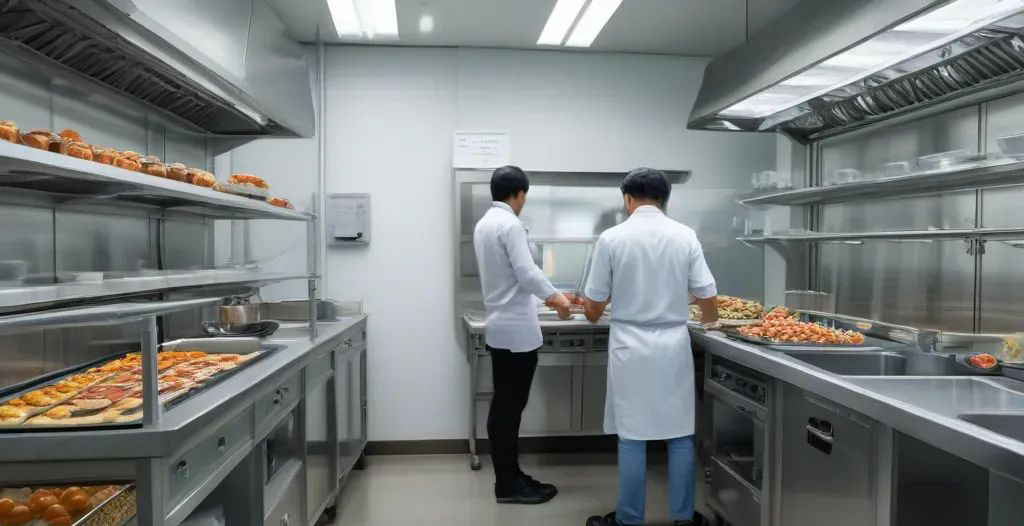B.Tech./ B.Tech. LE in Food Technology

B.Tech. in Food Technology
B.Tech. in Food Technology and B.Tech. Lateral Entry (LE) in Food Technology curriculum typically covers subjects like food chemistry, food microbiology, food engineering, food processing technology, food packaging, food safety and quality management, nutrition, and sensory evaluation. Students also gain practical experience through internships, industrial visits, and project work.
Eligibility: Higher Secondary (10+2) with PCM/PCB/PCMB as core subjects or Diploma in Food Technology and related subjects.
Duration: Four years (Eight semesters) or LE - Three years (Six Semester)
Job Opportunities: Graduates of B.Tech. in Food Technology have a wide range of career opportunities, including:
Food Technologist: Developing and improving food products, ensuring compliance with regulations and standards.
Quality Assurance Manager: Implementing quality control procedures to maintain food safety and quality.
Research Scientist: Conducting research to innovate new food products or improve existing ones.
Production Manager: Overseeing the manufacturing process to ensure efficiency and quality.
Food Safety Auditor: Inspecting facilities and processes to ensure compliance with food safety regulations.
Packaging Technologist: Designing and testing packaging materials to preserve food quality and freshness.
Sales and Marketing Executive: Promoting food products and developing marketing strategies.
Why Choose This Course:
There are several reasons to choose B.Tech. in Food Technology:
Growing Industry: The food industry is a vital sector of the economy, offering stable employment opportunities and room for career growth.
Innovation: Food technology is an innovative field where you can contribute to the development of new food products and processes to meet changing consumer demands.
Global Relevance: With globalization, there's a rising demand for food technologists worldwide, offering opportunities for international work and collaboration.
Health Focus: Food technologists play a crucial role in ensuring the safety, nutrition, and quality of food products, contributing to public health and well-being.
Interdisciplinary Nature: The interdisciplinary nature of the course allows you to gain knowledge in various fields such as science, engineering, and nutrition, making it intellectually stimulating and versatile.
Scope:
The food industry is vast and continually evolving, offering diverse career opportunities for food technologists. Graduates can work in food processing companies, research and development laboratories, quality assurance departments, regulatory agencies, and academia. With the growing global population and increasing demand for safe and nutritious food, the scope for food technologists is expanding worldwide.

